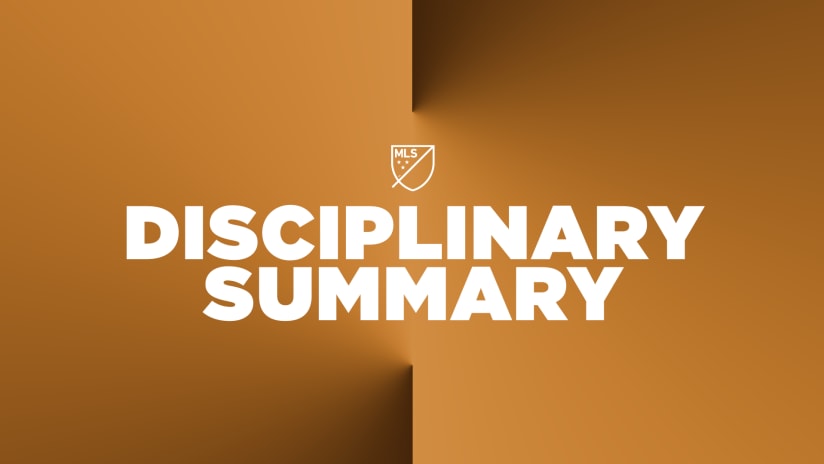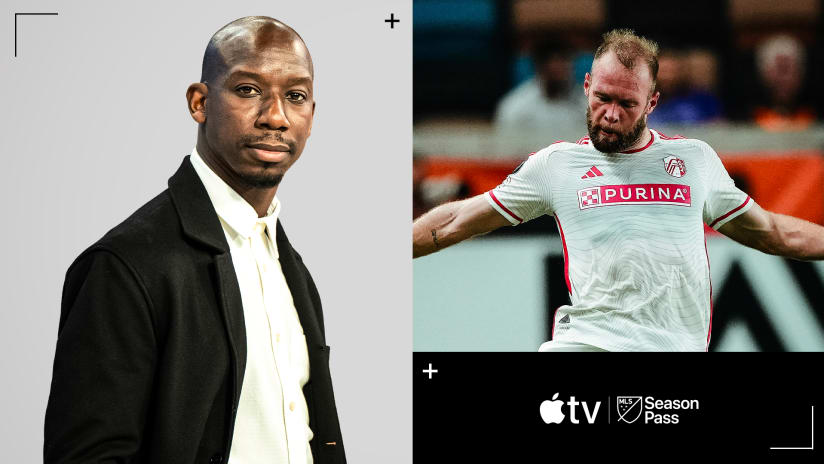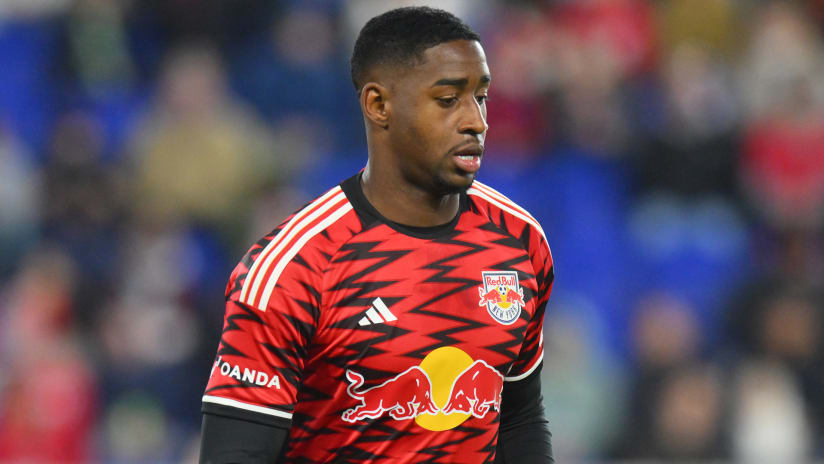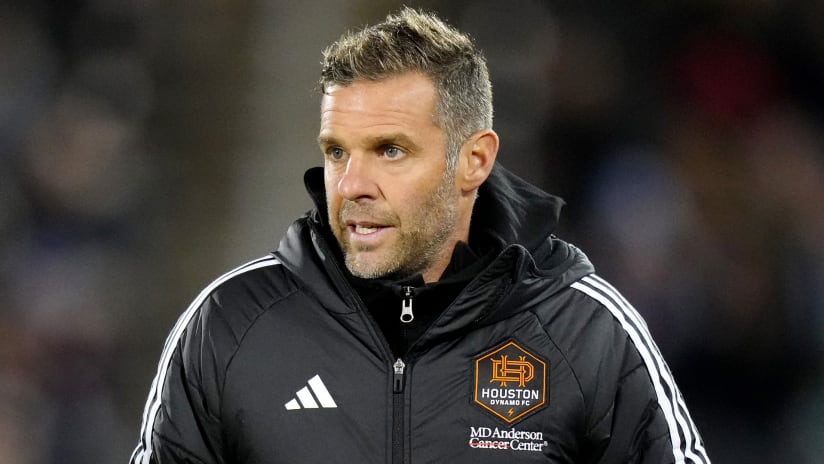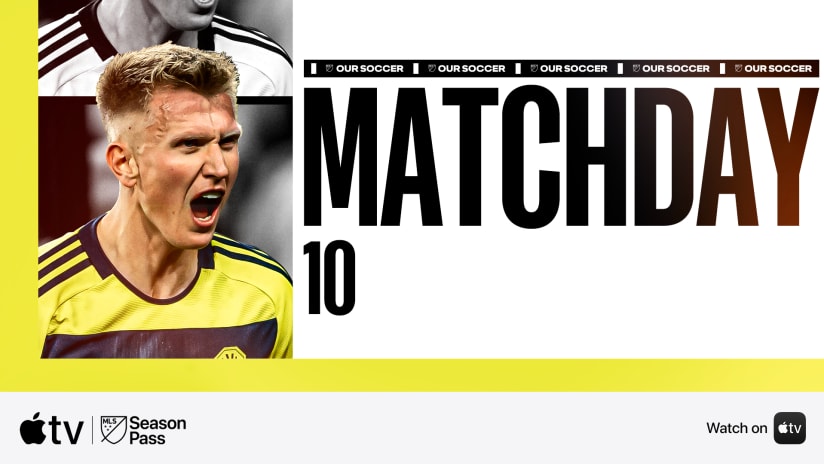MONTREAL – The Impact’s offseason has just started, but surely their technical staff has already pinpointed one area for improvement: set plays.
The good news for Montreal is that there is no way to go but up. They became the first team in at least five years – Opta’s records contain data from the 2010 season on – not to score on a set play for a whole season. This stat doesn’t include penalty kicks, but worse still: Montreal did get two PK attempts, and they missed both.
Before this season, Chivas USA had been the set-play dunce: in both 2010 and 2013, they scored only one goal off a set play, excluding penalty kicks. For the sake of comparison, according to Opta, 183 of the 924 goals scored in MLS this season (19.8 percent) came off set pieces – again, excluding PKs.
Asked about the set play woes last week, Montreal head coach Frank Klopas conceded that “we haven’t been good at all this year” in this respect.
“I mean, we definitely worked on it,” Klopas told reporters. “That’s the one thing, every week we were going, I said: ‘This is the week that we’re going to get one.’ Set pieces are something that we definitely worked on. Sometimes, it’s having the right guy to be able to get the right delivery in. We changed different guys. I don’t know, it's something that we worked on, and we're going to continue to do so.”
Klopas went on to highlight the difference that set play goals make in games. This is a point that Christian Schaekels, analyst of patterns of play and founder of the Eye of the Game tool, tried to drive home last week on MLSsoccer.com’s Coup Franc podcast.
- Get the latest Impact headlines from ImpactMontreal.com
According to Schaekels, FC Dallas, a grade-A student in set play proficiency, have scored 40 percent of their set play goals due to what he calls “favorable game events”, that is, when a team pounces on a ball coming off the frame or not cleared by an outfield player or goalkeeper.
“That means that 40 percent of their set play goals were scored thanks to some sort of abnegation where you’re at the right place and you benefit from the lucky situations that come up in football,” Schaekels said. “In Montreal, they couldn’t. Last year, [Hassoun] Camara could scissor-kick second or third balls in when players offered options at the far post, the ball would come in and he'd scissor-kick it in. They won in Portland that way. This season, they couldn’t do it.”






